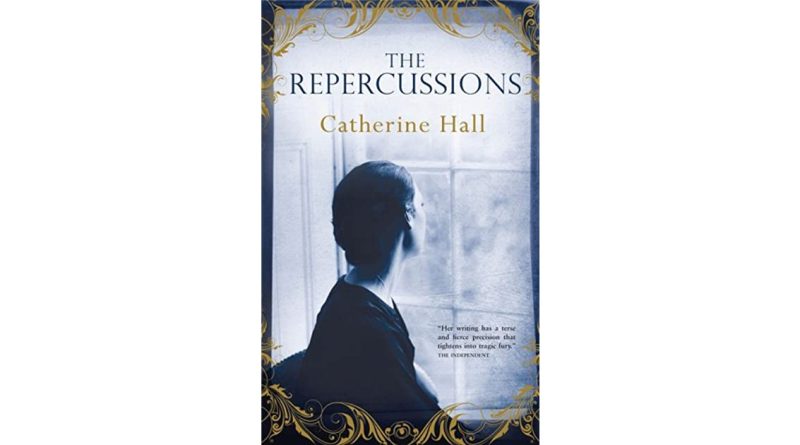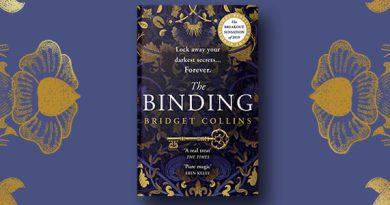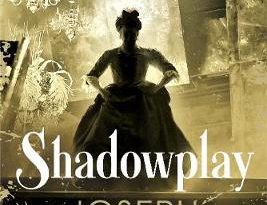The repercussions
The repercussions is one of the books of Catherine Hall we read in the last few years.
Once home from her role as a photo-journalist in Afghanistan, Jo decides to move into the Brighton flat that her great aunt Elizabeth has bequeathed her. While searching through the belongings that go with the home, she finds Elizabeth’s WWI diaries from the time that she nursed wounded servicemen from the Indian Corps at the Brighton Pavilion. These entries cause her to reflect on her time recording the more current war and enables her to open up to her ex-lover Susie in a series of letters, telling her how it was, the lives of those she met out there, what it did to them and, indeed, to her.
British author Catherine Hall has been involved in documentary film making and what the book blurb cryptically calls international peace building before she started writing for novels and human rights charities. The Repercussions is Catherine’s third novel after Days of Grace (2008) and The Proof of Love (2012), both books establishing her status as an award-winning author. However, this is the novel that perhaps most demonstrates Catherine’s passion for equality as she compares and contrasts two female professionals across the years, both in very masculine realms.
The two women’s life journeys run parallel and almost intersect at some points in a triumph of intelligent plotting. The author seamlessly alternates Jo’s letters to Susie and Elizabeth’s diary entries so that we not only get a deliciously vicarious feeling of eavesdropping but are led to draw conclusions from our own comparisons of the two eras.
Jo reveals all the stories and emotions from her time in war torn Afghanistan that she was unable to tell Susie when they were together. Although there are many dark moments when the consequences of conflict hit home, there are also some fascinating glimpses of Afghani culture. For instance, the local women are shocked that Jo is 30 (at that stage) and still not married, sounding similar to the pressure on early 20th century Elizabeth. As Jo doesn’t want to mention being gay in case it’s too much for the local culture to absorb, the women assume her ‘single’ status is because she doesn’t wear enough nail varnish, hence not attracting enough men.
Certain themes run back and forth between the two stories, intertwining at points and not all as obvious as war between armed factions. In Elizabeth’s case the war she must fight is nearer to home as she battles against duty and expectations that, if these win, will detrimentally colour her future.
By comparing the two lives we can see one or two twists shortly before they arise but this doesn’t detract from the power and enchantment that occupies us between gasps of surprise when other twists do catch us unawares.
This is an ideal novel for reading groups due to the myriad of discussion points it initiates but don’t let that stop you if you don’t belong to one. The Repercussions sweeps aside excuses demanding to be read. Indeed, not only is it a wonderful read but confronts us with how far society has come in the last century and, unfortunately, how far we still have to go.





Pingback: Catherine Hall - Velvet Page Book Club